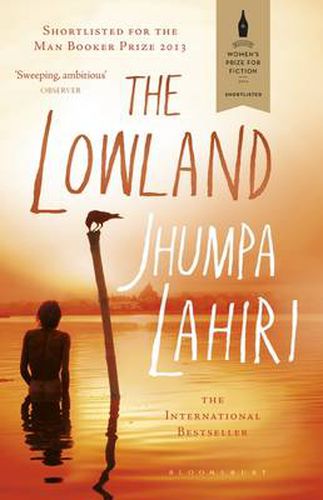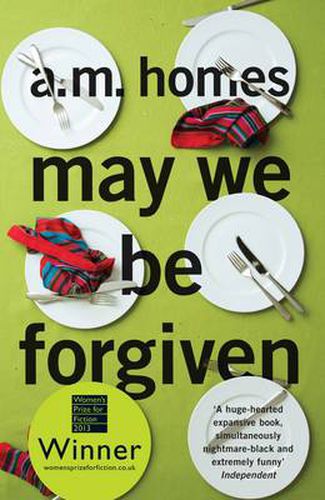The Lowland: Shortlisted for The Booker Prize and The Women's Prize for Fiction
Jhumpa Lahiri

The Lowland: Shortlisted for The Booker Prize and The Women’s Prize for Fiction
Jhumpa Lahiri
From Subhash’s earliest memories, at every point, his brother was there.
In the suburban streets of Calcutta where they wandered before dusk and in the hyacinth-strewn ponds where they played for hours on end, Udayan was always in his older brother’s sight. So close in age, they were inseparable in childhood and yet, as the years pass - as U.S tanks roll into Vietnam and riots sweep across India - their brotherly bond can do nothing to forestall the tragedy that will upend their lives. Udayan - charismatic and impulsive - finds himself drawn to the Naxalite movement, a rebellion waged to eradicate inequity and poverty.
He will give everything, risk all, for what he believes, and in doing so will transform the futures of those dearest to him: his newly married, pregnant wife, his brother and their parents. For all of them, the repercussions of his actions will reverberate across continents and seep through the generations that follow.
Epic in its canvas and intimate in its portrayal of lives undone and forged anew, The Lowland is a deeply felt novel of family ties that entangle and fray in ways unforeseen and unrevealed, of ties that ineluctably define who we are. With all the hallmarks of Jhumpa Lahiri’s achingly poignant, exquisitely empathetic story-telling, this is her most devastating work of fiction to date.
Review
Chris Gordon
A confession first: shamefully I’ve not read any of Jhumpa Lahiri’s work before, but after reading The Lowland, I’ll be seeking out her Pulitzer Prize winning short-story collection, Interpreter of Maladies.
The Lowland is an ethically complicated story. It is the story of two brothers, born 15 months apart who grow up together in Calcutta – but their lives separate as adulthood begins. Udayan, wild and charismatic, becomes part of the Naxalite movement, a rebellion created to eradicate inequity and poverty. His brother, Subhash, is the more conservative and dutiful son, and does not share his brother’s political passion, leaving home to pursue a life of scientific research in America. But when Udayan is killed, Subhash travels home, after years away, to bring his brother’s wife back to the States with him.
The complexity of this ambitious tale lies with questions of loyalty and custom. What ideology, in either the West or the East, allows a family to move through a changing political scene to retain the very essence of faith and tradition? Lahiri’s work questions these boundaries of philosophy and family ties. By illustrating two paths taken, she does not resolve the question but does firmly enforce how the political is personal. This is a wonderful novel of intricacy and, overall, compassion for those caught in changing times.
This item is in-stock at 3 shops and will ship in 3-4 days
Our stock data is updated periodically, and availability may change throughout the day for in-demand items. Please call the relevant shop for the most current stock information. Prices are subject to change without notice.
Sign in or become a Readings Member to add this title to a wishlist.









